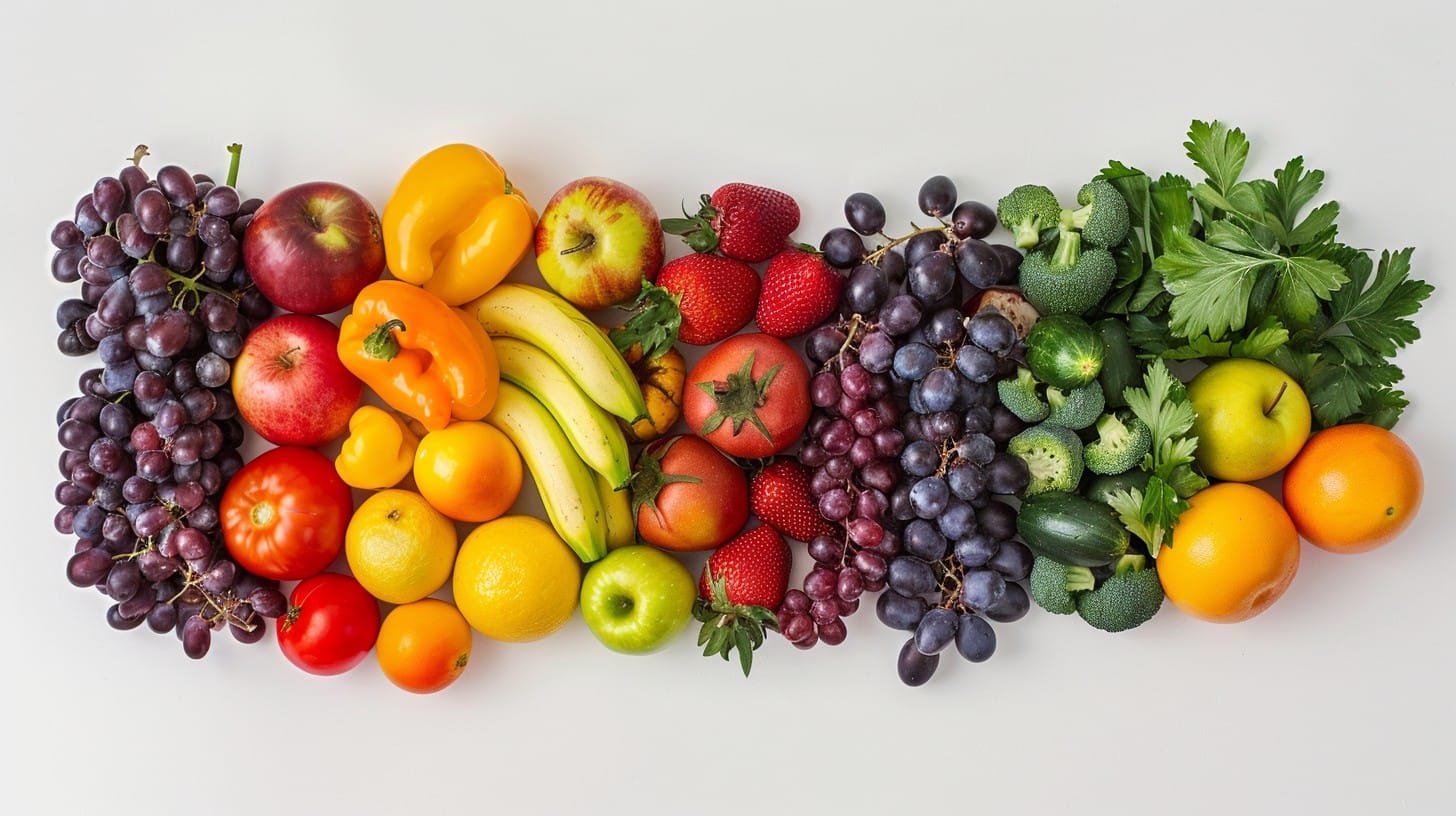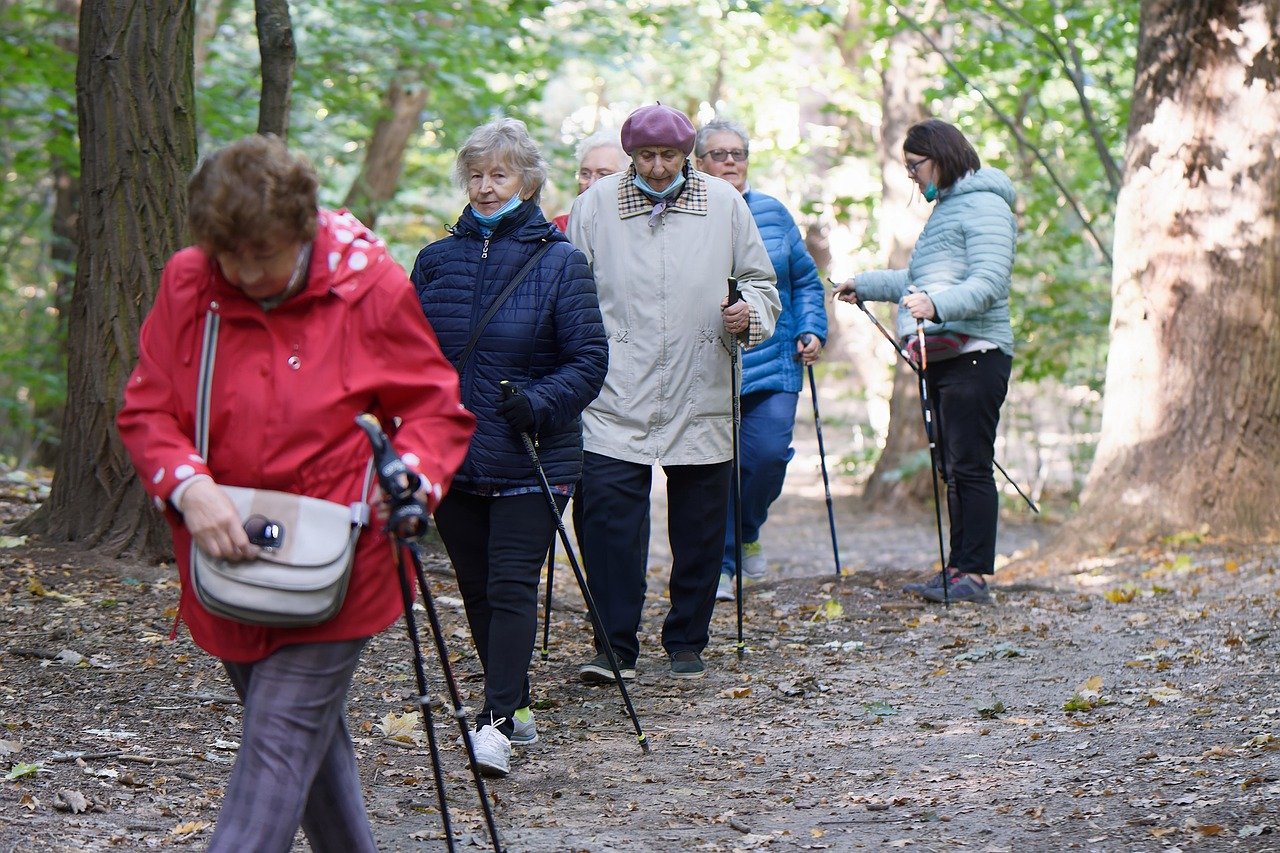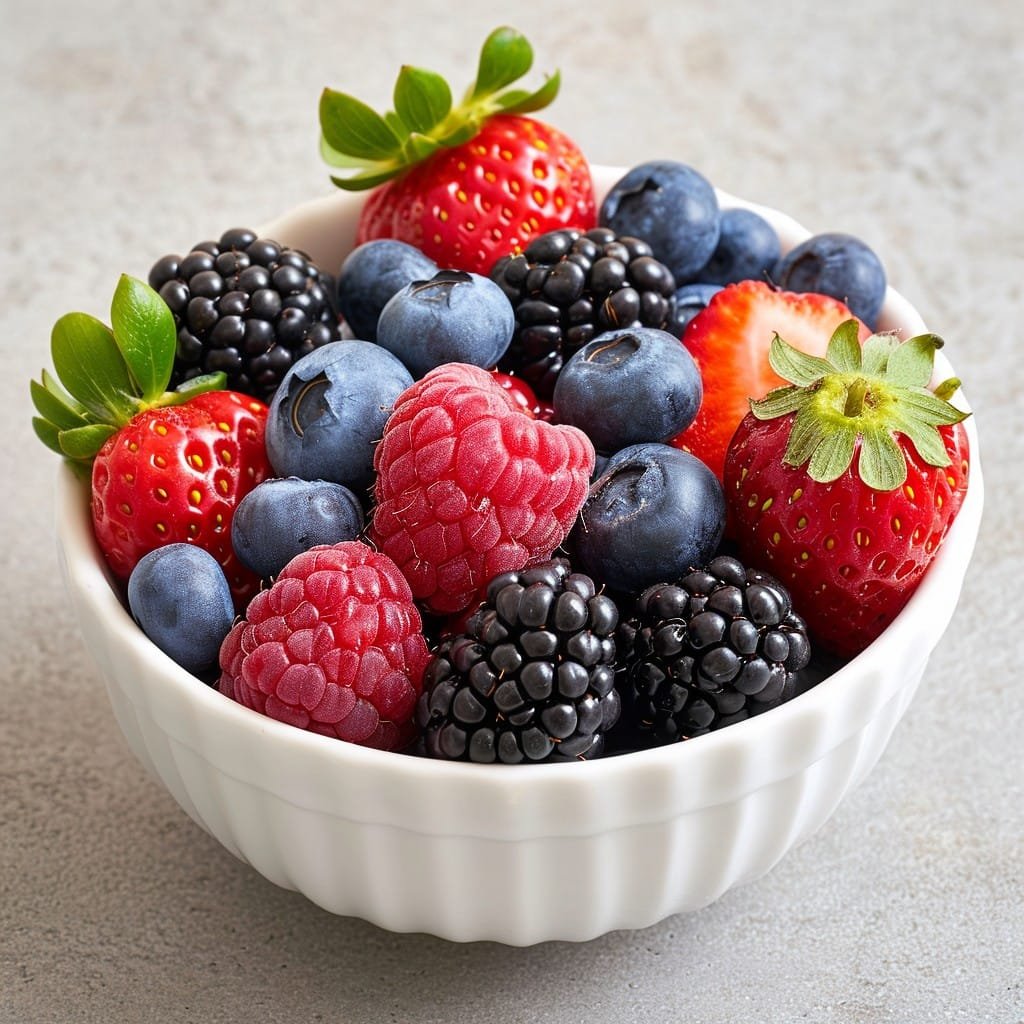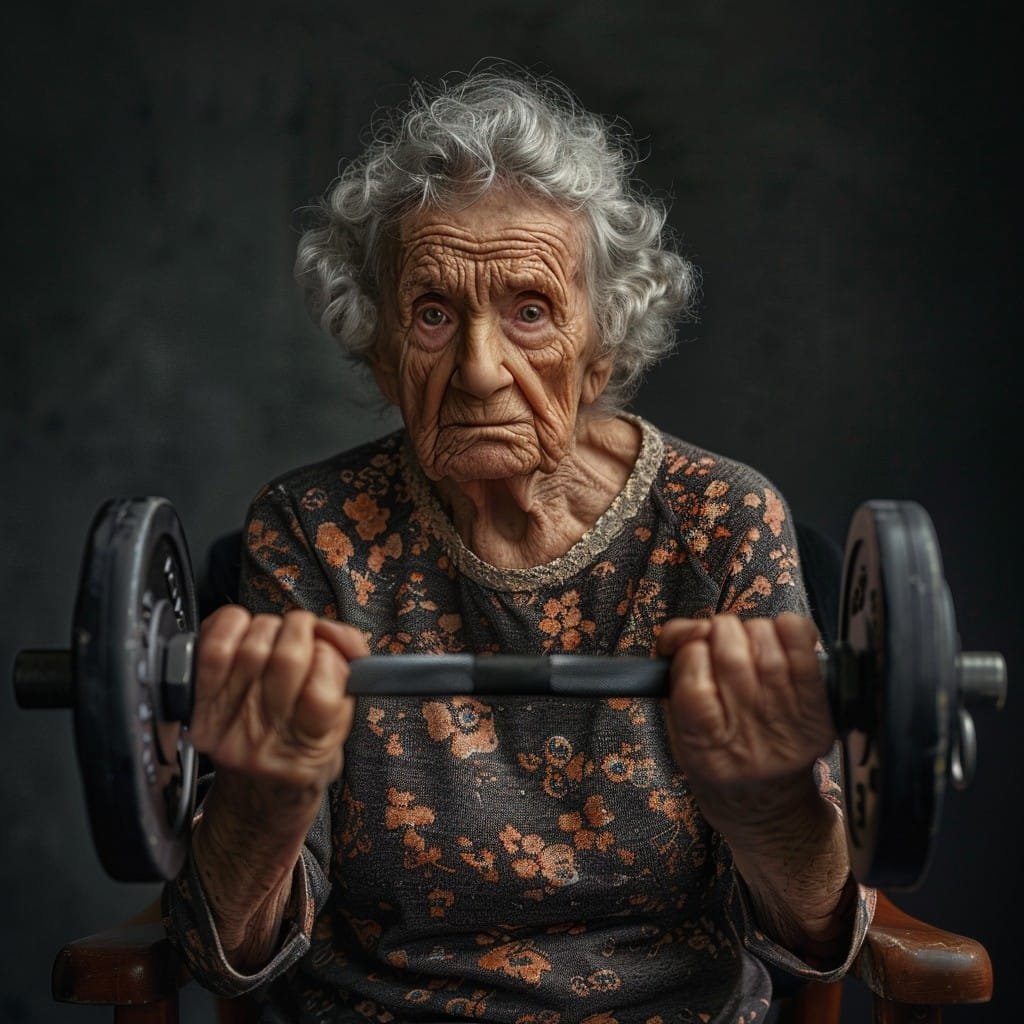
As we age, As we age, its important to maintain an active lifestyle for overall health and well-being. One of the key components to staying active and healthy is a protein-rich diet. Protein plays a vital role in muscle maintenance, recovery, and energy levels. Here are some essential tips for seniors to incorporate more protein into their diets while staying active.
Understand Your Protein Needs
As we age, our protein needs change. The general recommendation for seniors is to consume 1.0 to 1.2 grams of protein per kilogram of body weight daily. This increased intake can help combat muscle loss associated with aging, known as sarcopenia. For a 70 kg (154 lb) senior, this translates to 70 to 84 grams of protein per day. Understanding these requirements is the first step in optimizing your diet.
Choose High-Quality Protein Sources
Not all protein sources are created equal. Focus on high-quality protein options that provide essential amino acids. Some excellent choices include:
- Lean meats: chicken, turkey, and lean cuts of beef or pork
- Fish: particularly fatty fish like salmon and mackerel, which also provide omega-3 fatty acids
- Eggs: a versatile protein source packed with nutrients
- Dairy products: Greek yogurt, cottage cheese, and low-fat cheese
- Plant-based proteins: legumes (beans and lentils), tofu, and tempeh
Incorporating a variety of these sources can help ensure you meet your protein needs while enjoying diverse flavors.
Incorporate Protein Into Every Meal
To maximize protein intake, aim to include a source of protein in every meal and snack. This approach not only helps meet daily requirements but also supports muscle synthesis throughout the day. Here are some practical suggestions:
- Breakfast: Scramble eggs with spinach and tomatoes, or have Greek yogurt topped with nuts and fruit.
- Lunch: Include grilled chicken or chickpeas in salads, or make a hearty lentil soup.
- Dinner: Serve baked salmon with quinoa and steamed vegetables, or enjoy a stir-fry with tofu and assorted veggies.
- Snacks: Opt for nuts, cheese, or protein bars for a nutritious boost between meals.
Plan Protein-Rich Snacks
Healthy snacks can help maintain energy levels and prevent excessive hunger. Consider preparing protein-rich snacks that are easy to grab:
- Hard-boiled eggs for a quick protein hit
- Edamame: young soybeans that are rich in protein and fiber
- Cottage cheese with fruit: a delicious and filling option
- Nut butter on whole-grain toast or rice cakes
- Protein shakes or smoothies using protein powder, yogurt, and fruits
These snacks can provide an extra boost of protein to support an active lifestyle.
Stay Hydrated
While focusing on protein intake, don’t forget about hydration. Adequate fluid intake is essential for overall health, particularly for seniors. Drinking water throughout the day supports digestion, nutrient absorption, and muscle function. Pairing hydration with protein-rich foods can enhance recovery after physical activities.
Consider Protein Supplements
In some cases, dietary changes may not fully meet protein needs. If you’re struggling to get enough protein from food alone, consider using protein supplements. Protein powders (whey, casein, or plant-based) can easily be added to smoothies or baked goods. Always consult a healthcare professional before starting any supplements to ensure they are appropriate for your individual health needs.
Engage in Strength Training
While nutrition is vital, combining a protein-rich diet with regular strength training is essential for maintaining muscle mass. Aim for at least two days of strength training per week. Activities can include:
- Resistance exercises: using weights or resistance bands
- Bodyweight exercises: such as push-ups, squats, and lunges
- Functional movements: focusing on daily tasks like lifting or carrying
Engaging in these activities not only promotes muscle growth but also improves balance, coordination, and overall strength.
Monitor Your Progress
Tracking your dietary intake and physical activity can help you stay accountable and identify areas for improvement. Consider keeping a food diary to monitor protein consumption and engage in regular physical activity assessments. This practice can provide valuable insights and motivate you to maintain a balanced and protein-rich diet.
Read More: Gentle exercise routines for seniors to boost mobility
Conclusion
For seniors staying active, a protein-rich diet is essential for maintaining strength, enhancing energy levels, and supporting overall health. By understanding your protein needs, choosing high-quality sources, and incorporating protein into every meal, you can fuel your body for an active lifestyle. Remember, combining proper nutrition with regular exercise is the key to staying strong and vibrant as you age. Always consult with a healthcare professional for personalized advice tailored to your specific needs. Embrace these protein-rich diet tips, and enjoy a healthier, more active life!








